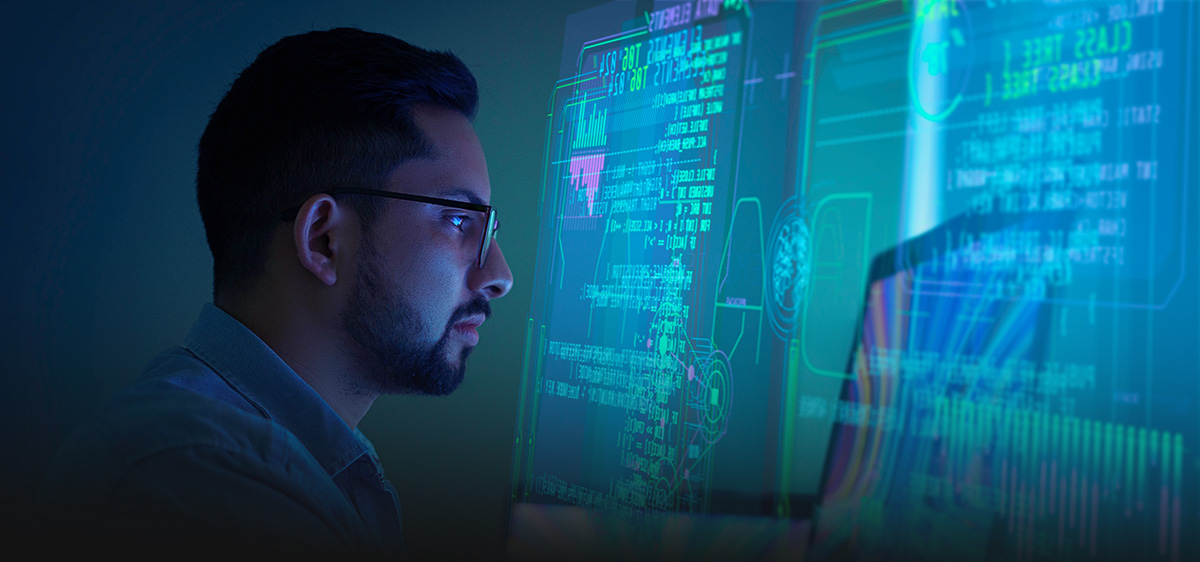Will AI Rid The Need For Cybersecurity Experts And Service Providers?
When mechanized looms were first introduced, workers protested because they feared the automation would rob them of their skilled craft. When ATMs first arrived, some foretold the demise of bank tellers. When self-service kiosks were introduced, everyone believed they would replace cashiers.
While technological shifts may have caused job losses in certain sectors, it could be argued that automation simply transformed the nature of work, or altered the responsibilities of workers instead of eliminating jobs. In fact, history shows that societal changes due to advances in technology have created more jobs than not.
How AI Impacts Cybersecurity Jobs
The World Economic Forum predicts that AI will replace 85 million jobs but at the same time create 97 million new opportunities. Same is true for cybersecurity. It’s possible that mundane, entry-level positions may be eliminated due to AI. However, in the end, AI will add new jobs rather than reduce them. Let’s understand the top reasons why:
1. AI Does Not Mean Humanless
Like all kinds of technology, organizations will need professionals skilled in deploying, managing, and maintaining AI-based cybersecurity. AI will also need humans to review, audit and monitor AI training data behavior, decisions, processes, algorithms and APIs because AI can miss things, amplify biases or make wrong calculations or inferences, which can lead to negative outcomes.
2. AI Itself Needs Cybersecurity
Nearly 20% of companies faced an attack on their AI technology last year. Adversaries can poison AI data, find ways to evade AI detection, take advantage of AI vulnerabilities, steal or attack the AI model, seek and find backdoors into systems, or compromise supply chain partners. Human intervention and oversight will certainly be needed to secure AI, proactively plug loopholes and prevent systems from being infiltrated or compromised.
3. AI Cannot Do Everything A Security Professional Can
Just like human skills, technology too has its limits. In the case of cybersecurity, AI cannot replace human intuition and it does not have the situational or contextual awareness that humans do. Don’t forget, human intuition has an important role to play in detecting early stage, advanced threats. Moreover, there are things in cybersecurity that are beyond technology. For example, training employees on cybersecurity tools and best practices, making them aware of security threats and consequences, requires more than just an AI model. It requires a human touch complete with emotional intelligence and an understanding of human behaviors that AI systems do not possess. People will always be needed to connect, support, teach and empower other people.
How AI Can Augment Cybersecurity Professionals
While AI cannot replace all cybersecurity jobs, there are so many ways in which AI can function as a force multiplier. Let’s explore the top use cases.
1. AI Will Address The Talent Gap And Reduce Burnout
The cybersecurity workforce is already facing a massive talent crunch. What’s more, cybersecurity pros are known to experience severe stress and burnout due to monitoring an overwhelming number of threat alerts, false positives, and general lack of resources. AI can certainly help reduce the workload through automation of routine tasks. AI can also help reduce alert fatigue, which is another factor for low job retention.
2. AI Will Help Detect And Respond To Threats Faster
To proactively detect and stop a threat, one needs to have multiple layers of defense with continuous monitoring. Most security layers are made up of siloed technological components that do not share information with each other. As a result, cybersecurity pros need to manually analyze different data points, anomalies, artifacts, and indicators of compromise (IOCs) from each of these systems to confirm the presence of a potential adversary. AI can help automate this, analyze telemetry from various components in real-time and adjust cybersecurity defenses in response. This reduces mean time to detect (MTTD) and the mean time to respond (MTTR) to an incident. AI can help with other incident response processes: it can isolate infected machines, alert administrators, recover systems, and identify or investigate the root cause of an incident.
3. AI Will Minimize Human Error
More than 80-90% of all breaches can be attributed to human error. Integration of AI into specific cybersecurity tasks and processes can potentially minimize human error to a great extent. For example, AI can scan for weaknesses in code and configuration errors so that attackers cannot exploit those vulnerabilities. AI can detect and block phishing emails which reduces the probability of social engineering attacks. AI can also dynamically learn and adapt cybersecurity controls based on threat activity.
AI is here to stay but will not be replacing cybersecurity professionals anytime soon. To completely rely on human beings or to completely rely on AI technology is not an either-or choice. Organizations need a well thought out security strategy that leverages the power of both human and machine augmented intelligence to build a scalable and resilient cybersecurity posture.


